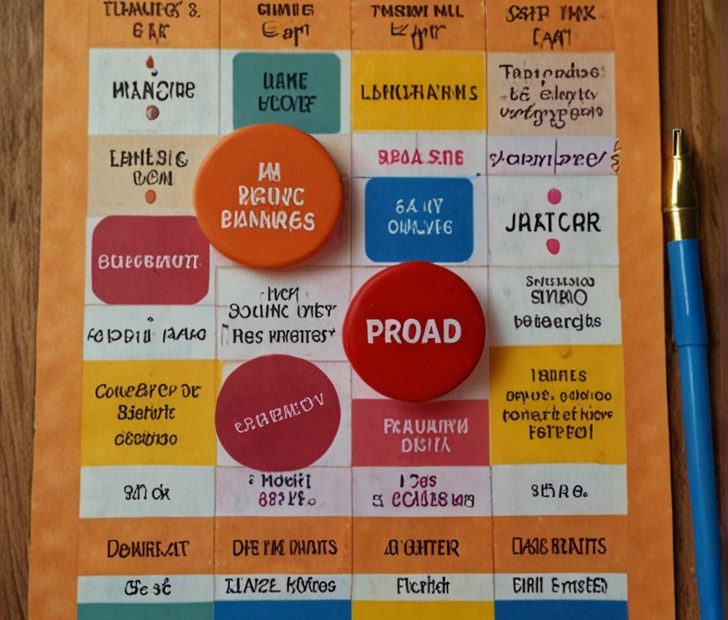Introduction
Diabetes, a complex and multifaceted disease affecting millions worldwide, requires continuous education and awareness to manage effectively. Traditional educational methods can sometimes be overwhelming or monotonous, particularly for young people or those just beginning to navigate their diagnosis. Enter Diabetes Bingo, an innovative approach to learning about diabetes in a way that is both informative and enjoyable. This game transforms the often dry material of diabetes management and prevention into an interactive experience that encourages participation and retention of vital information.
The concept of Diabetes Bingo revolves around the classic game of bingo, where participants fill their cards with answers to descriptions called out by a game leader. In the case of Diabetes Bingo, these descriptions are replaced with facts about diabetes, its symptoms, treatments, and daily management techniques. This article will explore how Diabetes Bingo is being used to enhance diabetes education, its benefits for various age groups, and why it could be a critical tool in diabetes advocacy and education programs.
Development
Educational Impact of Diabetes Bingo
Diabetes Bingo serves as a powerful educational tool by simplifying complex information and presenting it in a digestible format. Through engaging gameplay, participants learn about key aspects of diabetes in a setting that promotes active learning.
Learning Through Play
The primary strength of Diabetes Bingo lies in its ability to facilitate learning through play. This method has been shown to increase motivation and improve memory retention. Players are more likely to remember information associated with an enjoyable experience, such as a game, than through traditional lecture-based education methods.
Encouraging Group Interaction
Diabetes Bingo also fosters a sense of community among players, who share experiences and knowledge as they play the game. This interaction is particularly beneficial for those who may feel isolated due to their condition. Sharing strategies for managing diabetes within the game’s framework can lead to discovering new ways to cope with the disease in everyday life.
Implementing Diabetes Bingo
To effectively implement Diabetes Bingo in a community or educational setting, certain steps and considerations must be taken to ensure that the game is both educational and engaging.
Designing the Game
- Content Accuracy: Ensure that all information used in the game is accurate and up-to-date. Consulting healthcare professionals during the game’s development can enhance its reliability.
- Inclusivity: Design the game to be inclusive and suitable for all age groups and educational levels. Consider having different versions or adaptations for children, teens, and adults.
Facilitating the Game
- Environment: Create a welcoming and comfortable environment for the game. This can be in a community center, hospital, or even online platforms.
- Guidance: Have knowledgeable facilitators who can answer questions and provide additional information as needed during the game.
Benefits and Challenges
While Diabetes Bingo offers numerous educational benefits, there are also challenges to consider:
Benefits
- Engagement: Increases engagement and interest in diabetes education.
- Social Learning: Encourages learning from peers, which can be more impactful than traditional educational methods.
Challenges
- Resource Intensive: Organizing and facilitating the game may require more resources than more traditional educational methods.
- Scope of Information: There is a risk that the simplicity needed for the game format might oversimplify complex diabetes information.
Conclusion
Diabetes Bingo is more than just a game; it’s an innovative educational tool that has the potential to transform how people learn about and manage diabetes. By turning learning into an engaging activity, it not only educates but also builds community and support among those affected by diabetes. As healthcare providers and educators continue to seek effective ways to disseminate vital health information, games like Diabetes Bingo could play an essential role in diabetes education programs, particularly those aimed at younger audiences or community groups. Moving forward, further development and widespread implementation of this educational tool could significantly impact diabetes awareness and management.
